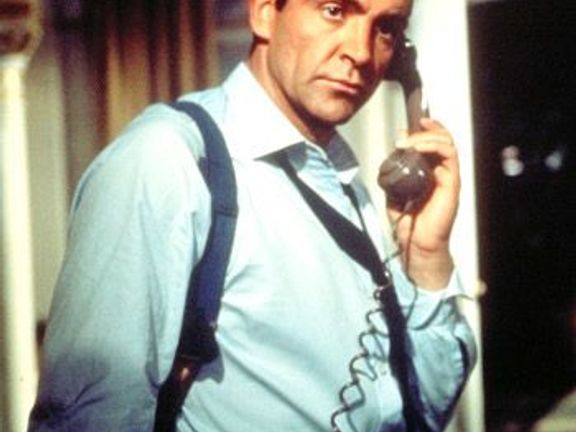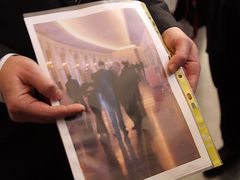Prague - Last week's inconclusive attempt to elect the new Czech head of state was marked by numerous controversies, obscurities, and general sense of perplexity.
One of the issues brought up by the event were security screenings, a measure introduced shortly after the 1989 revolution in order to determine whether persons (usually running for senior public office) weren't in the past collaborating with communist security services.
Social Democratic MP Evžen Snítilý, whose notable absence due to hospitalization on the second day of the election paradoxically made him one of the most notorious protagonists of the eventful day, is demonstrably registered in the list of collaborators of the communist military counterintelligence.
His security screening is negative, though.
READ MORE: Czech lawmakers threatened with bullets in mail
A tip of the iceberg?
This inevitably raises a question: what shady dealings hide the history of security screenings in the last 18 or so years?
During his military service in Litoměřice, north-western Bohemia, Snítilý was registered by the counterintelligence as its collaborator.
More than two decades later, in 1994, he was given a negative security screening.
After the presidential elections last week, allegedly non-existent proofs of his attachment to the counterintelligence have suddenly emerged and were publicized.
His case is far from unique - tens of other people registered as counterintelligence collaborators have negative screening, too.
One of the more famous cases was that of Richard Sacher, an early post-1989 Minister of Interior. In spite of his being registered as a collaborator of the communist counterintelligence, he had three negative screenings.
Cui bono?
There is only one possible explanation - when the ministry of interior asked for the records of Snítilý and others, somebody in the army simply hid them.
His being registered as a collaborator, the fact originally brought up by Právo daily, doesn't mean Snítilý had been actively "snitching" and causing harm to people.
However, mere registration is a reason for a screening being positive.
It is not clear who had an interest in "protecting" the MP. Maybe Snítilý himself could explain it, but so far he hasn't. He hasn't even provided his colleagues from the Social Democratic Party (ČSSD) with additional details.
Many questions, no answers
It is also possible that the army officials decided to hide the names of Snítilý and tens of others in spite of not having any personal link to them.
Almost ignored after 1989, military intelligence services haven't experienced any significant reform and have been living autonomously up to the present.
Last year, it appeared that tens of former agents of the communist counterintelligence got negative screenings after 1989, since their records were still hidden in unopened bags.
The possibility of somebody protecting Snítilý in order to exploit him as a political asset in the future is rather unlikely, since he got his negative screening two years prior to his being elected to the parliament.
Without knowing who provided Snítilý with a negative screening and what was his or her motivation in doing so, we can hardly learn who has publicized his records in last days.
And we also cannot be sure whether Snítilý wasn't blackmailed.



